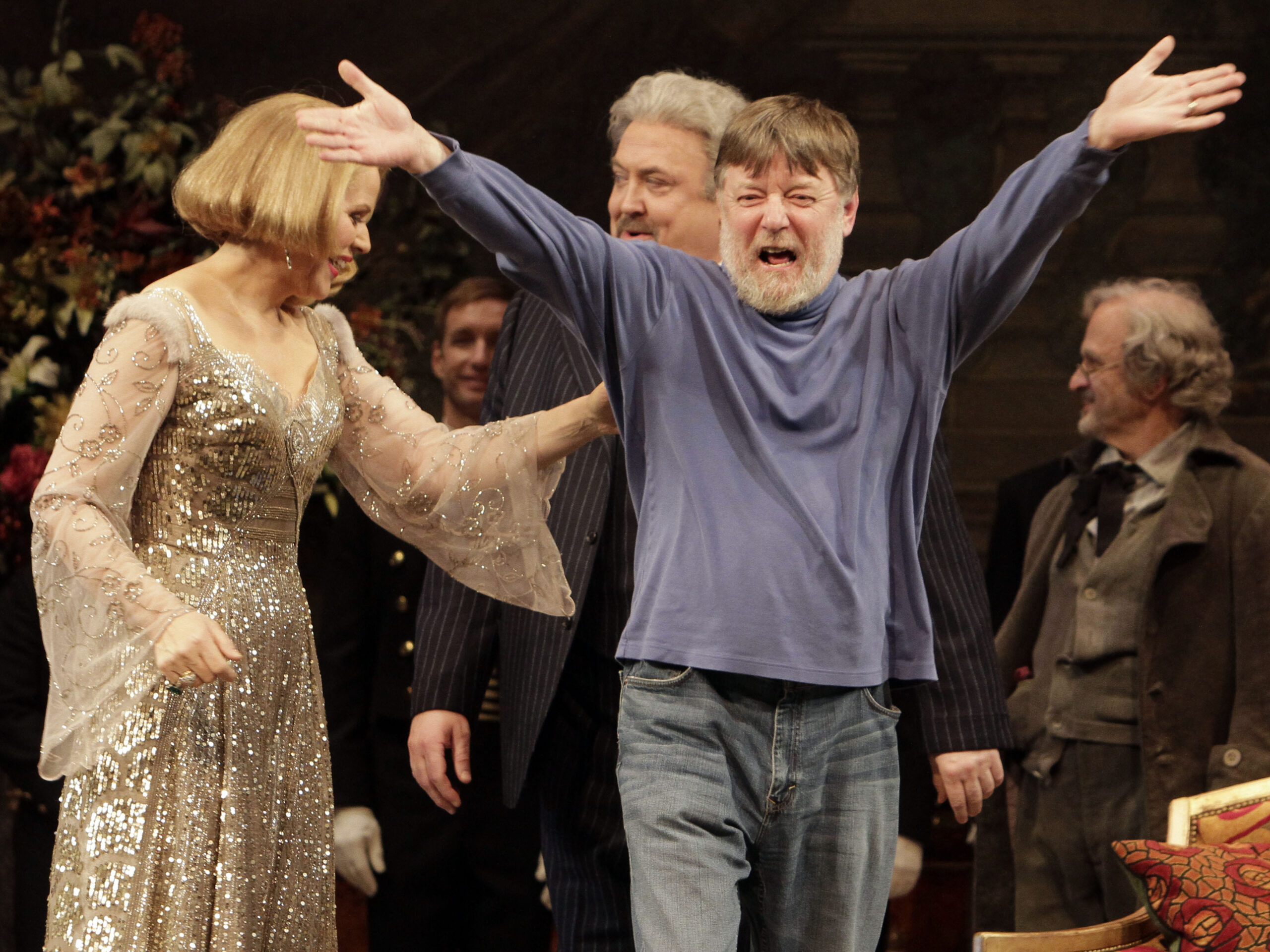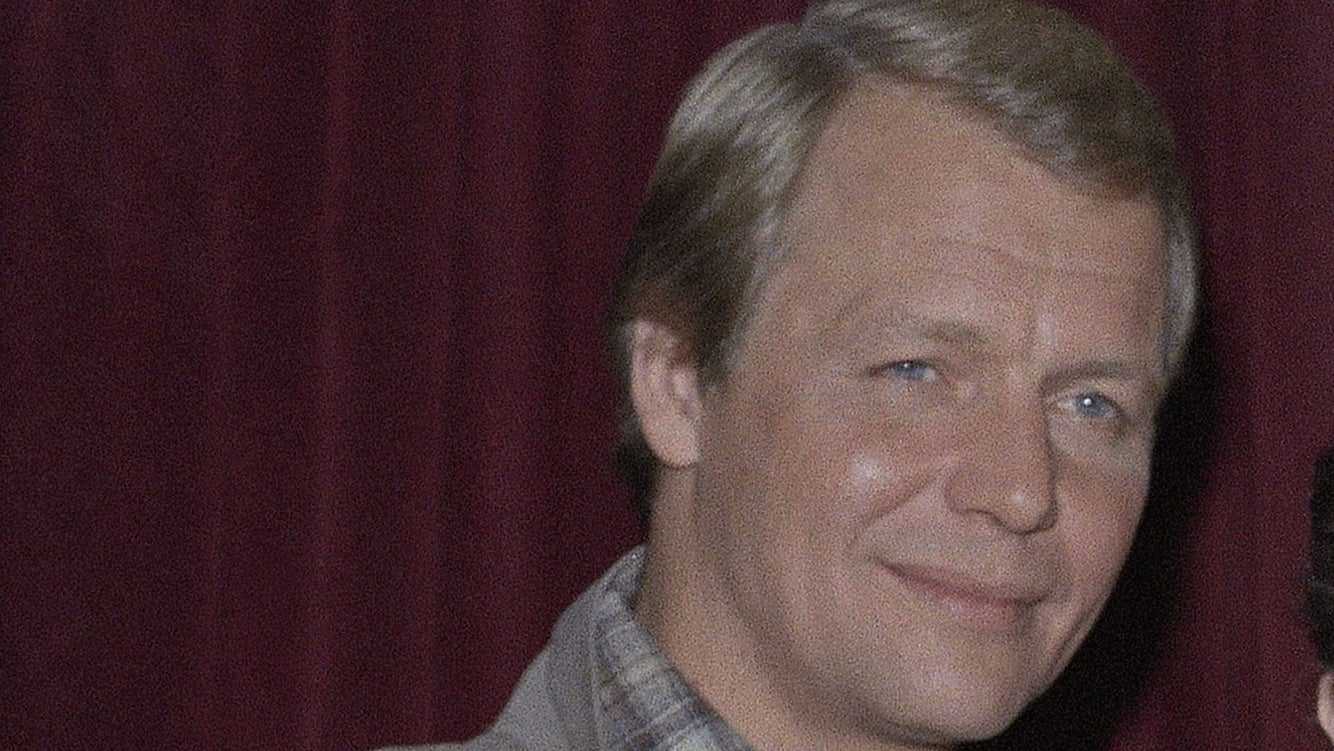The situation did not look good. The opera had the benefit of an ingenious librettist and a brilliant composer and yet, as the August 31, 1928, debut approached, few would have given more than two cents for The Threepenny Opera.
By midnight of opening day a visitor to the Berlin theater found the stage “filled with shouting people wildly gesticulating, yelling at each other,” their only point of agreement coming in the form of threats to the director, who reacted by shouting them down. “Smoke filled the air,” the visitor observed. “Crumpled papers, empty bottles and broken coffee cups littered the floor.”
Performers rebelled. One lead took issue with the shortening of his part, packed his bags and planned to leave town. A player with a bit part threatened to halt the debut unless his pay was tripled. Arguments erupted over the set design. The actor playing Macheath got into a running dispute with practically everyone about the tie he insisted on wearing.
Stay informed on the latest news
Sign up for WPR’s email newsletter.
The dress rehearsal went on until six in the morning. When the frazzled performers finally were told to go home, many fell asleep in their dressing rooms, backstage, or on the set. Weill and Brecht and the impresario stayed at the theater, rehashing the script, surrounded by people who wanted to call the whole thing off. The impresario was later heard asking if anyone knew where he could find a new play in a hurry.
When he found out that his wife’s name had been left off the program, the usually cool Kurt Weill blew his top and had to be talked into letting her go on.
Lotte Lenya recalled that the opening night audience seemed “cold and apathetic, as though convinced it had come to a certain flop,” until the Kannonen-Song, at which point the mood suddenly changed, making it “wonderfully, intoxicatingly clear that the public was with us.”
For Kurt Weill, Bertold Brecht, and their cast, the persistence had paid off in the runaway success of The Threepenny Opera.
Wisconsin Public Radio, © Copyright 2024, Board of Regents of the University of Wisconsin System and Wisconsin Educational Communications Board.






